Bhubaneswar, May 23, 2025: Quest Alliance, in partnership with the Department of School and Mass Education, Government of Odisha, has completed five years of integrating computational thinking and STEM education in government secondary schools. The initiative has reached 840,000 learners since January 2020, through programs like computational thinking, Kaushali Club, and STEM for Girls. These have introduced Classes 7–10 students to foundational AI, Scratch programming, and advanced coding through hands-on experiences like ideathons and hackathons. A key achievement of the initiative was the selection of 14-year-old Bhakta Prasad Mohanty from Government Technical High School, Ganjam, for YUVIKA 2025 (Young Scientist Programme) at ISRO’s Satish Dhawan Space Center in Sriharikota—bringing him a step closer to his dream of becoming an aerospace engineer. Bhakta earned this opportunity by presenting a prototype at the hackathon that applied AI/ML to address environmental challenges.
Mrs. Subhalaxmi Nayak, Additional District Education Officer (Academic), Kalahandi, said, “The collaboration has been important in advancing NEP 2020 by promoting experiential learning that nurtures scientific temper, curiosity, and critical thinking. Initiatives like student-led hackathons and the integration of career readiness have helped create dynamic learning spaces. By equipping educators and students with future-ready tools, the programs are shaping a generation ready to thrive in a rapidly evolving world.”
As a testament to this impactful five-year collaboration, a three-day inter-district hackathon, Hack to the Future (HttF), concluded in Bhubaneswar on May 23, 2025. The event provided a platform for students to apply STEM skills, showcase technical expertise, and problem-solving through real-world prototypes. 12 working models, addressing issues like waste management, water conservation, and local health, were developed by 36 students from Classes 9–10 across 12 government schools in Kalahandi, Rayagada, Ganjam, Cuttack, Puri, Bhadrak, and Khordha.
Shika Sahu, a class 9student from Government High School, Attangguda, Kalahandi, said, “I saw how crop diseases like Ganthipoka and Patrapoda reduce yields and livelihoods. After speaking with my grandfather and other local farmers, I realized the urgency for a simple, affordable solution. So, I developed a mobile app prototype that helps farmers identify crop diseases through images and receive treatment suggestions in our local language. The goal was to reduce reliance on costly experts and vague advice, empowering farmers to take timely, informed action. Through this project, I aimed to merge technology with local needs to make a real difference in our community.”
Jitu Sahu, an educator at Government High School, Attangguda, Kalahandi, reflects, “I’ve watched shy learners grow into critical thinkers and problem-solvers, ready to shape their futures. This experience empowered learners with 21st-century skills and transformed me into a future-ready educator.”
At the end of the event, participants received certificates, mementos, and the opportunity to refine their prototypes into minimum viable products (MVPs) with guidance from professors, funders, and innovation experts. The event—attended by educators, government officials, non-profit leaders, and STEM professionals—served as a platform to share best practices, insights, and the systemic shifts achieved since the program’s inception.
Md. Azim ud Doula, Senior Program Manager for the Schools Program in Odisha at Quest Alliance, shared, “ We have embedded computational thinking in classrooms, driven systemic changes in teaching, and fostered curiosity and innovation. The impact is visible in confident students solving real-world problems and educators embracing experiential learning. This was enabled through strong partnerships with the Government of Odisha and a vibrant network of NGOs.”
HttF concluded with a student-led panel discussion, where learners shared their career aspirations and identified key enablers like access to technology, mentorship, and experiential learning. Later this year, insights and recommendations from the discussion will be submitted to the government to shape future education policies that align with learner goals and evolving workforce needs.
***
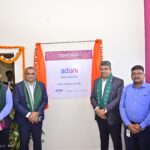
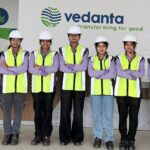


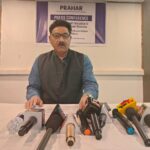



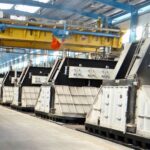
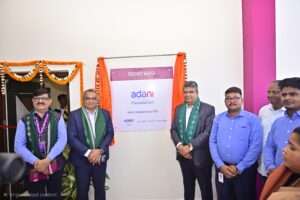
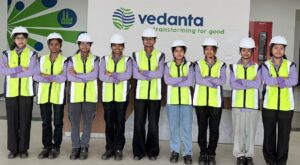
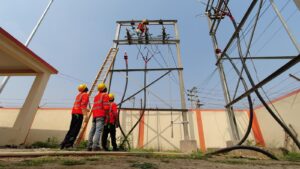

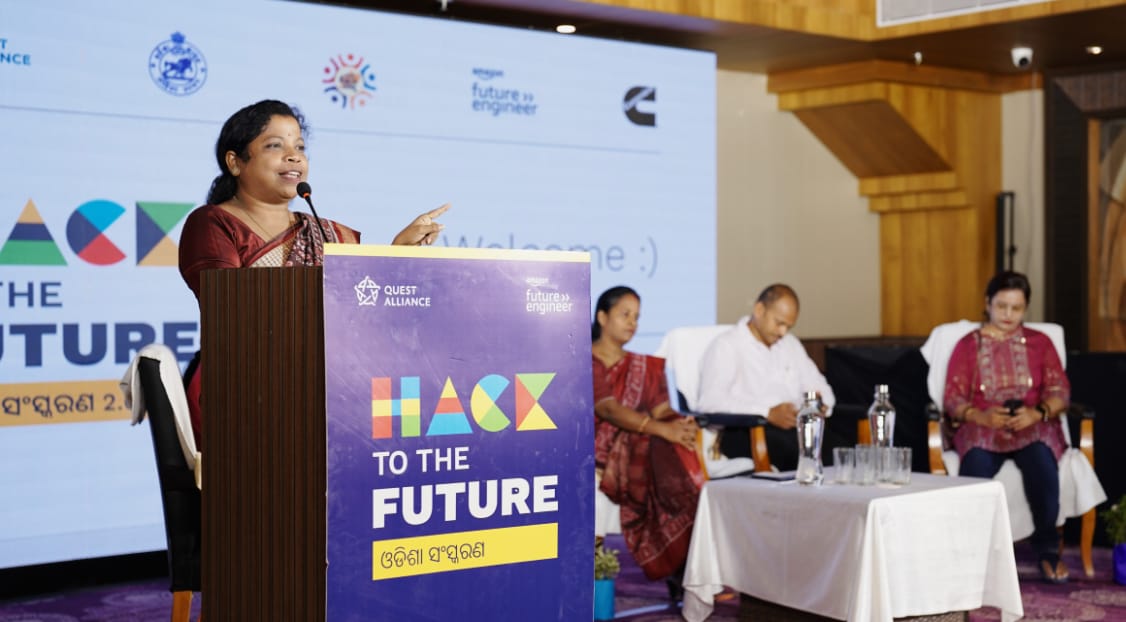
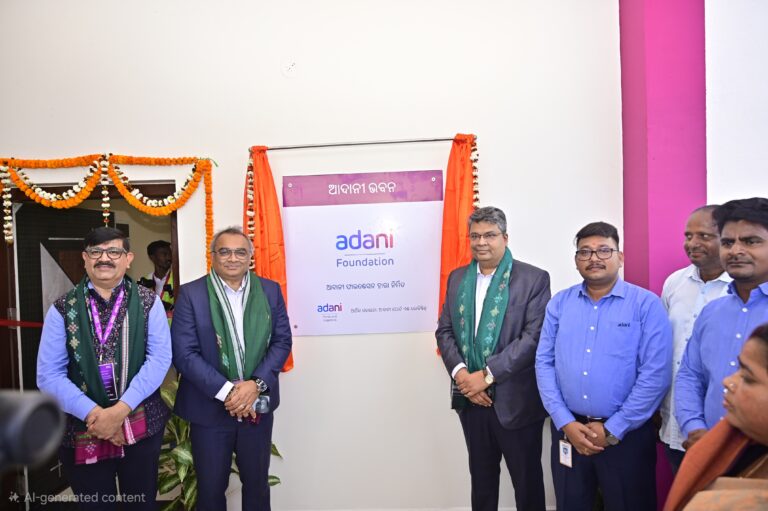
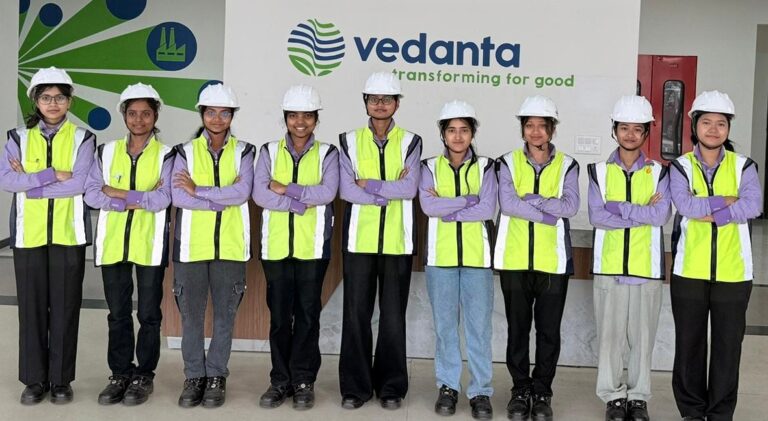
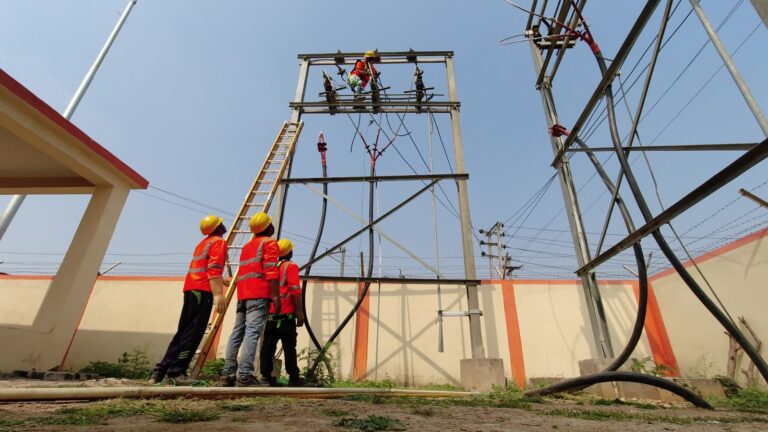

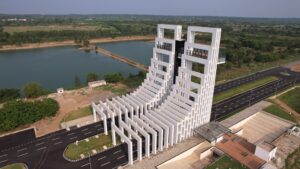

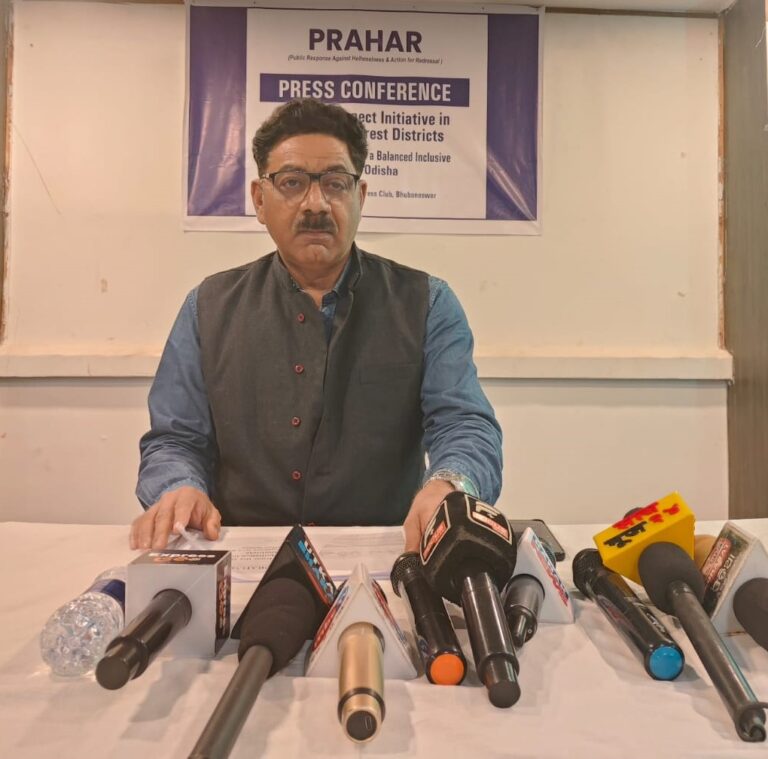
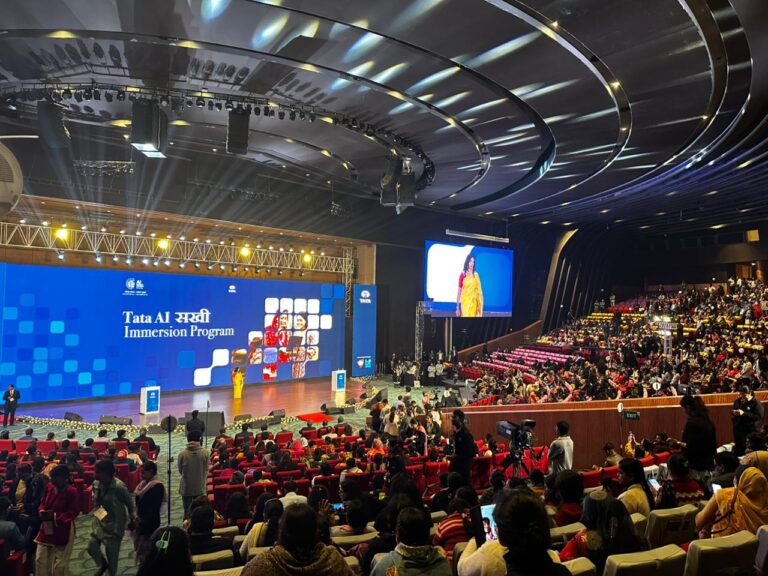
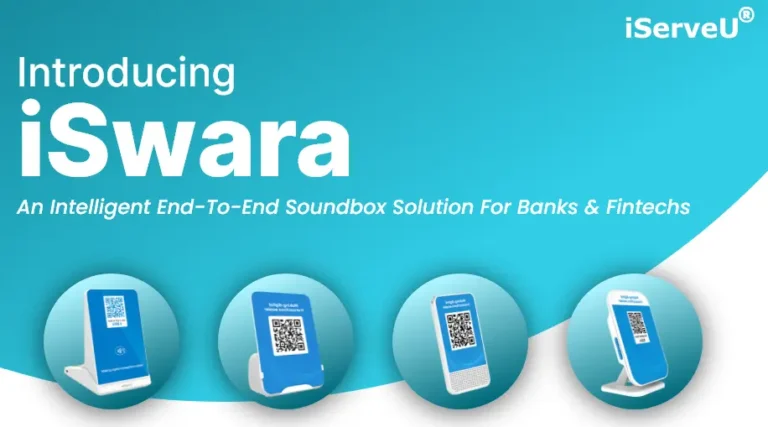
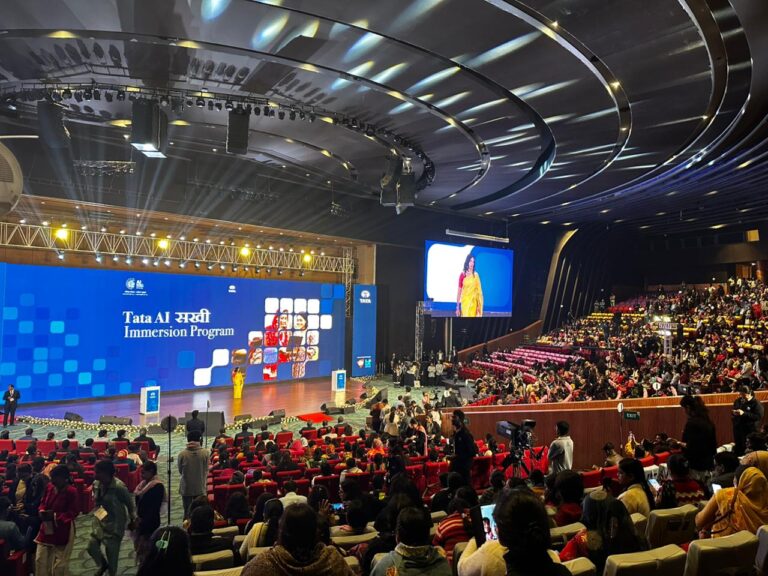
+ There are no comments
Add yours